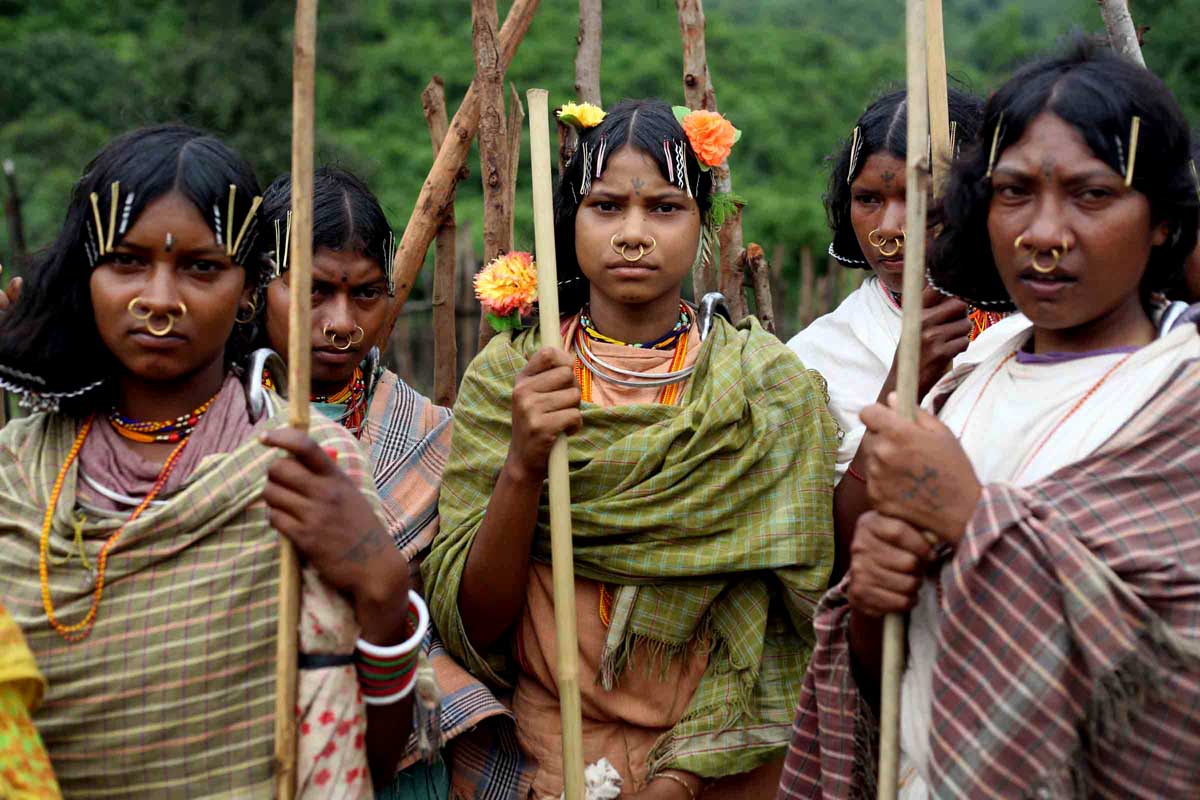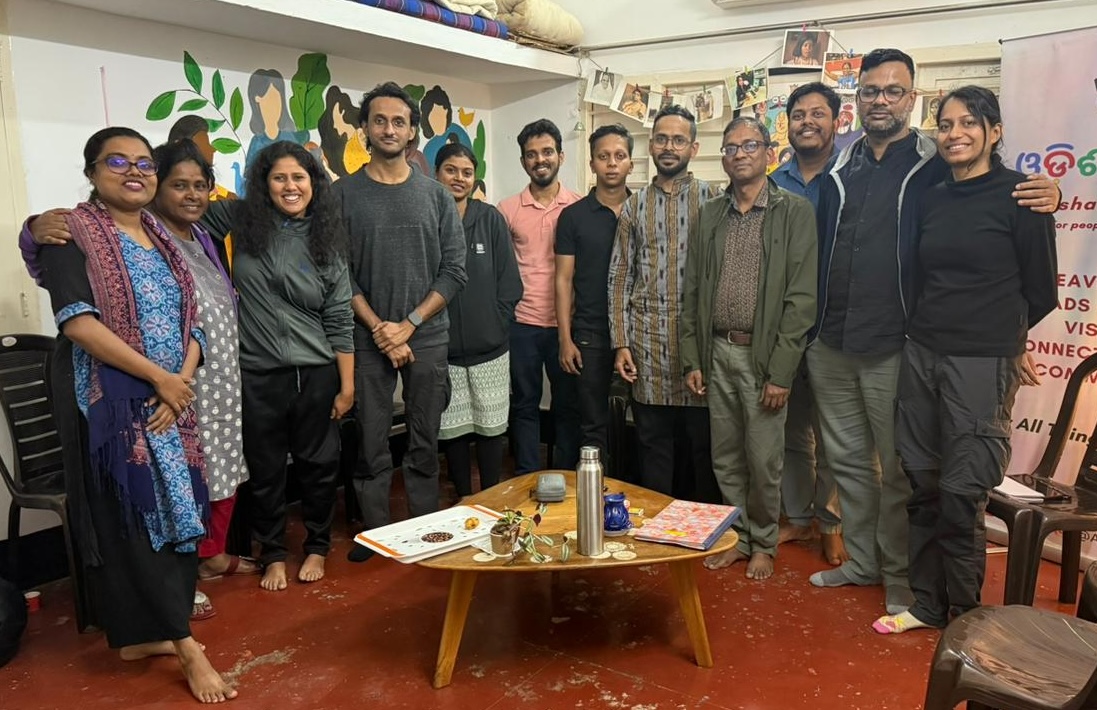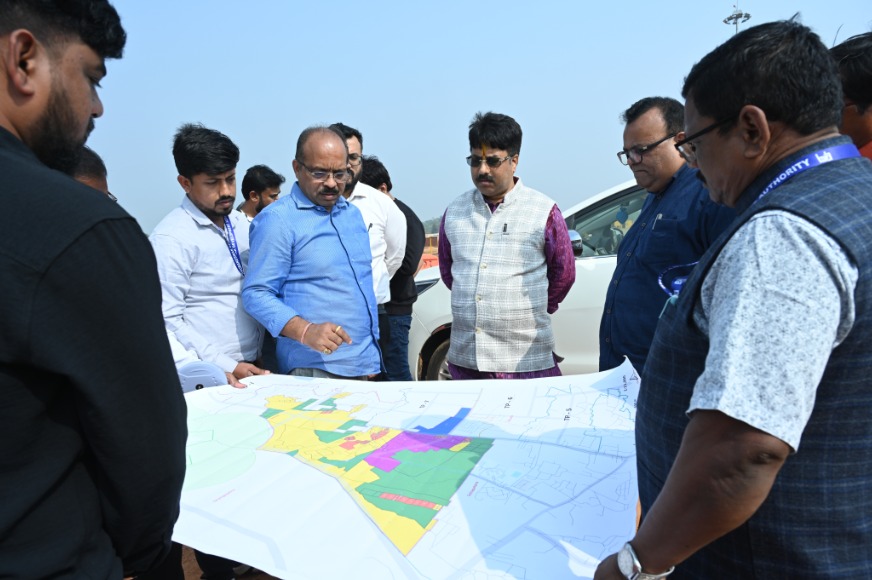New Delhi: The Union Cabinet, chaired by Prime Minister Narendra Modi, has given its approval to the Pradhan Mantri Janjatiya Unnat Gram Abhiyan, a major initiative aimed at uplifting the socio-economic conditions of tribal communities across India. With a total financial outlay of ₹79,156 crore, including ₹56,333 crore from the central government and ₹22,823 crore from state governments, the program is set to benefit over 5 crore tribal people through saturation coverage of tribal families in majority tribal villages and aspirational districts.
The scheme, announced as part of the 2024-25 Budget, is set to cover approximately 63,000 villages, reaching 549 districts and 2,740 blocks across 30 States and Union Territories. It aims to address critical gaps in infrastructure, healthcare, education, and livelihoods through the convergence of existing government schemes. This initiative is designed to ensure holistic and sustainable development in tribal regions, drawing on the successes of earlier tribal-focused programs like PMJANMAN (Pradhan Mantri Janjati Adivasi Nyaya Maha Abhiyan).
India’s tribal population, according to the 2011 Census, stands at 10.45 crore, spread across more than 705 communities living in remote and difficult-to-reach areas. The new program envisions comprehensive improvements in living conditions for these communities through 25 interventions to be implemented by 17 different ministries. Each ministry or department will be responsible for its respective schemes, working towards meeting specific objectives over the next five years.
One of the primary objectives of the Pradhan Mantri Janjatiya Unnat Gram Abhiyan is to develop enabling infrastructure in tribal areas. Eligible households will receive pucca houses under the Pradhan Mantri Awas Yojana (PMAY), along with access to tapped water under the Jal Jeevan Mission, and electricity under the RDSS. The program also includes access to Ayushman Bharat health insurance coverage. Efforts will be made to connect tribal villages through all-weather roads under PMGSY and ensure they have access to mobile connectivity and internet services through BharatNet. Health, nutrition, and education infrastructure will be enhanced through NHM, Samagra Shiksha, and Poshan programs.
The scheme will also focus on promoting economic empowerment through skill development and livelihood enhancement programs. The government plans to provide training through the Skill India Mission and ensure that tribal youth gain access to long-term skill courses after completing 10th or 12th grades. The scheme will also promote self-employment by supporting agriculture, animal husbandry, and fisheries for Forest Rights Act (FRA) Patta holders. Marketing support will be extended through Tribal Multipurpose Marketing Centres (TMMC), and tourism will be encouraged through tourist homestays.
In education, the program aims to raise the Gross Enrollment Ratio (GER) to match national levels in both school and higher education. This will be achieved by making quality education affordable and accessible to tribal students through the Samagra Shiksha Abhiyan. The government also plans to set up tribal hostels in schools at district and block levels to support tribal students.
Healthcare access will be significantly improved for tribal households, with the aim of reaching national standards in Infant Mortality Rate (IMR), Maternal Mortality Rate (MMR), and immunization coverage. Mobile Medical Units will be deployed to areas where health centers are located more than 10 kilometers away in plains or 5 kilometers in hilly areas, as part of the National Health Mission.





